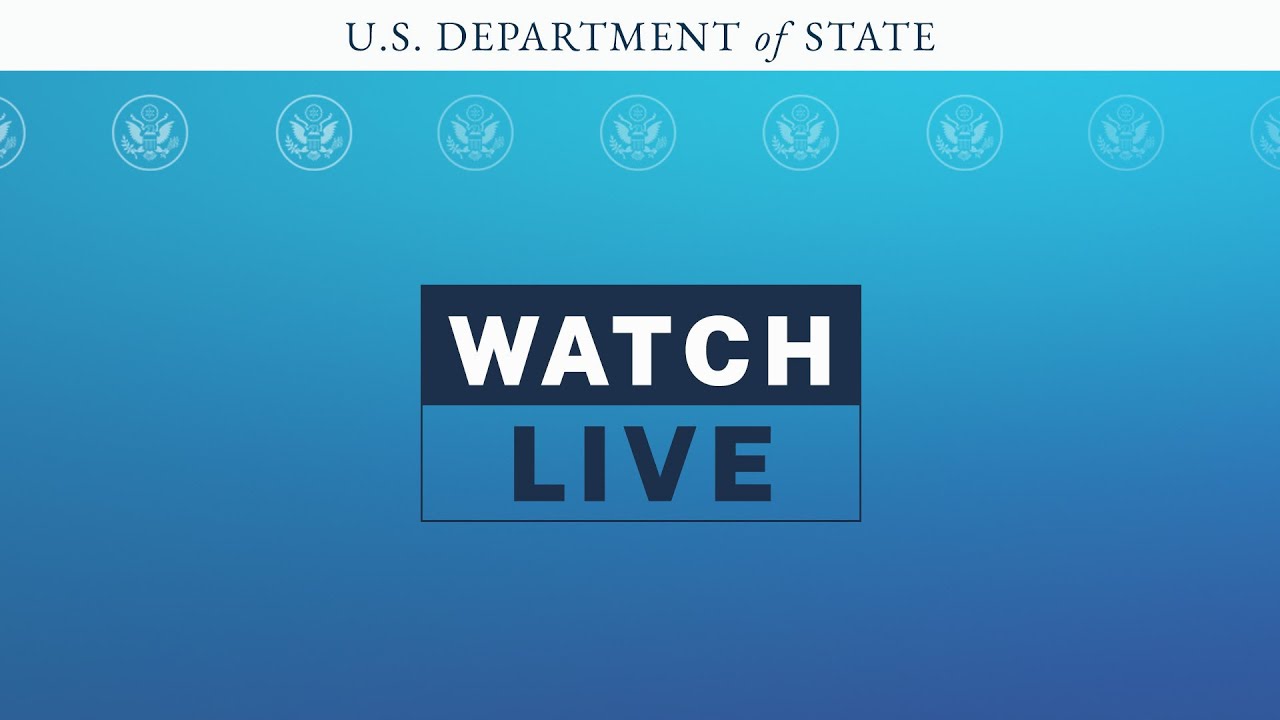

The New Atlas touches on and reads some quotes from this paper a bit in this video: https://www.yewtu.be/watch?v=MWzF5NvFdOs&t=2507s (@41:54)
A very normal quote from the paper:
…it would be far more preferable if the United States could cite an Iranian provocation as justification for the airstrikes before launching them. Clearly, the more outrageous, the more deadly, and the more unprovoked the Iranian action, the better off the United States would be. Of course, it would be very difficult for the United States to goad Iran into such a provocation without the rest of the world recognizing this game, which would then undermine it. (One method that would have some possibility of success would be to ratchet up covert regime change efforts in the hope that Tehran would retaliate overtly, or even semi-overtly, which could then be portrayed as an unprovoked act of Iranian aggression.)
An example of what’s discussed in the New Atlas video:
[Brian Berletic speaking about the paper] They also laid out the the whole Iran nuclear deal, they didn’t mention it by name, but they were talking about a deal they would propose to Iran, deliberately sabotage, blame its failure on Iran, and then use that as a pretext for military aggression. So it says, “in a similar vein any military operation against Iran will likely be very unpopular around the world and require the proper International context both to ensure the logistical support the operation would require and to and minimize the blowback from it. The best way to minimize international opprobrium and maximize support, however grudging or covert, is to strike only when there is a widespread conviction that the Iranians were given but then rejected a superb offer”–and they’re talking about a widespread conviction–not an understanding of a fact, but the belief in a US fabricated lie–so they say to “strike only when there is a widespread conviction that the Iranians were given but then rejected a superb offer, one so good that only a regime determined to acquire nuclear weapons and acquire them for the wrong reasons would turn it down” because, for the wrong reasons they admit in this paper–and many other policy papers, including from the Rand corporation–that if Iran ever did have nuclear weapons they would be used solely as a deterrent.
It says, “under those circumstances the United States or Israel could portray its operations as taken in sorrow, not anger, and at least some in the international community would conclude that the Iranians brought it upon themselves by refusing a very good deal.” I mean remember shortly after this paper was published, under the Obama Administration the Iran nuclear deal was proposed. Eventually it was signed, it was implemented, the Iranians adhered to it, and then under the Trump Administration it was the US unilaterally withdrew from it, blaming Iran, just as the Brookings institution spelled out. And the Biden administration was supposed to reinstate it, but of course that was never going to happen because that was not the plan as laid out by the real policy makers of US foreign policy, these unelected, corporate-funded think tanks.
These think tanks produce these policy papers, teams of lawyers craft parts of these policy papers into bills, the bills go with lobbyists to Washington to be rubber stamped–many people in Washington don’t even read them–and then the bill is sent to the corporate media to sell these policies to the public. It’s very important to understand how the US really operates where foreign and domestic policy really stem from. Not your elected representatives, unfortunately. The fact that this Brookings institution ploy to propose sabotage, unilaterally withdraw from and then use a deal with Iran as a pretext for military aggression transcended the Obama, Trump, and Biden Administration. This demonstrates the continuity of US foreign policy regardless of who sits in the White House and whoever is running Congress.


Man I hate this dude
– Antony J. Blinken, “Lebanon and the Facts”, 1982
– Antony J. Blinken, “Israel’s Saving Grace”, 1982
– Antony J. Blinken, “The Danger Within”, 1983